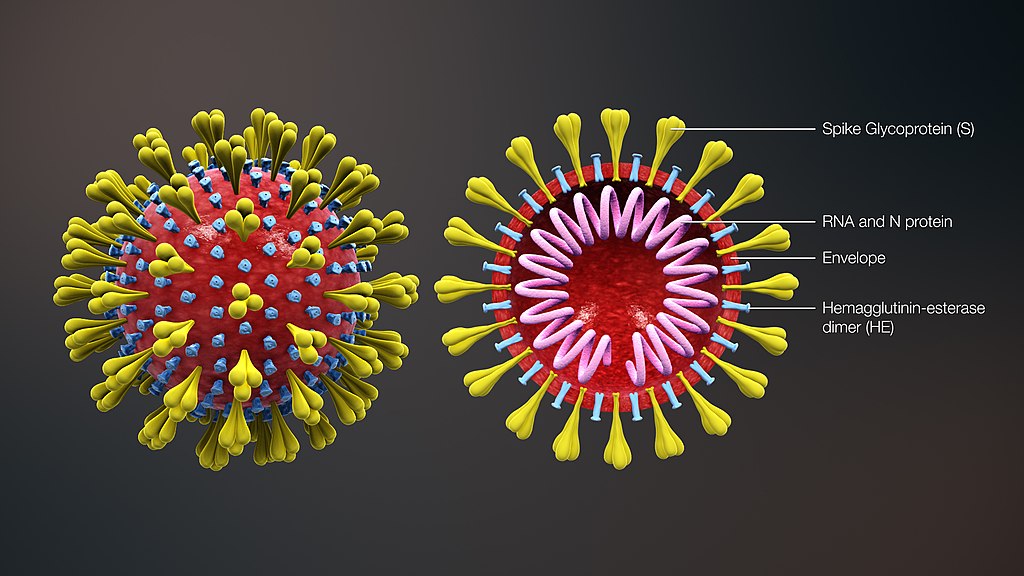BACOLOD CITY, Philippines – As news of the virus start to dominate the headlines with the first reported case in the Philippines, it is very important to have the right information.
Here are a few basics:
What are coronaviruses?
Coronaviruses are a large family of viruses, causing illnesses from a common cold to more severe diseases such as Middle East Respiratory Syndrome (MERS-CoV) and Severe Acute Respiratory Syndrome (SARS-CoV).

The new Novel Coronavirus is a strain that has not been previously seen in humans.
These are considered zoonotic or viruses that can be transmitted between animals and humans.
There are still several coronaviruses that are in animals that have not yet infected humans.
Here are some myth-busting facts about the virus, from the World Health Organization:
Can pets at home spread the virus?
Companion animals like dogs and cats currently have no cases of being infected.
But the World Health Organization strongly recommends the washing of hands with soap and water after contact with any pets.
Does the virus affect older people more?
People of all ages can be infected by it.
However, people with pre-existing medical conditions like asthma, diabetes, heart diseases, are likely to be more vulnerable to the virus.
Are antibiotics effective in preventing and treating the virus?
NO.
Antibiotics only work against bacteria.
Therefore, since nCoV is a virus, antibiotics should not be used in the prevention and treatment.
Are there any specific medicines to prevent and treat the new coronavirus?
There is still no specific medicine recommended to prevent or treat nCoV.
Those who are infected, however, will receive proper care to relieve and treat symptoms.
Washing your hands is greatly recommended by WHO, since the virus can also be spread through direct contact.
Also, it is recommended to cover the mouth when coughing or sneezing, and the tissue used should also be thrown away immediately.
Another important thing is to practice food safety by using different chopping boards and knives for raw meat and cooked food.
It is also advised to avoid eating raw meat, for now.
Make sure to cook meat products thoroughly.

